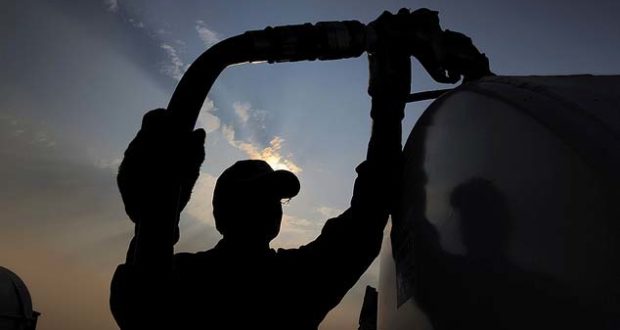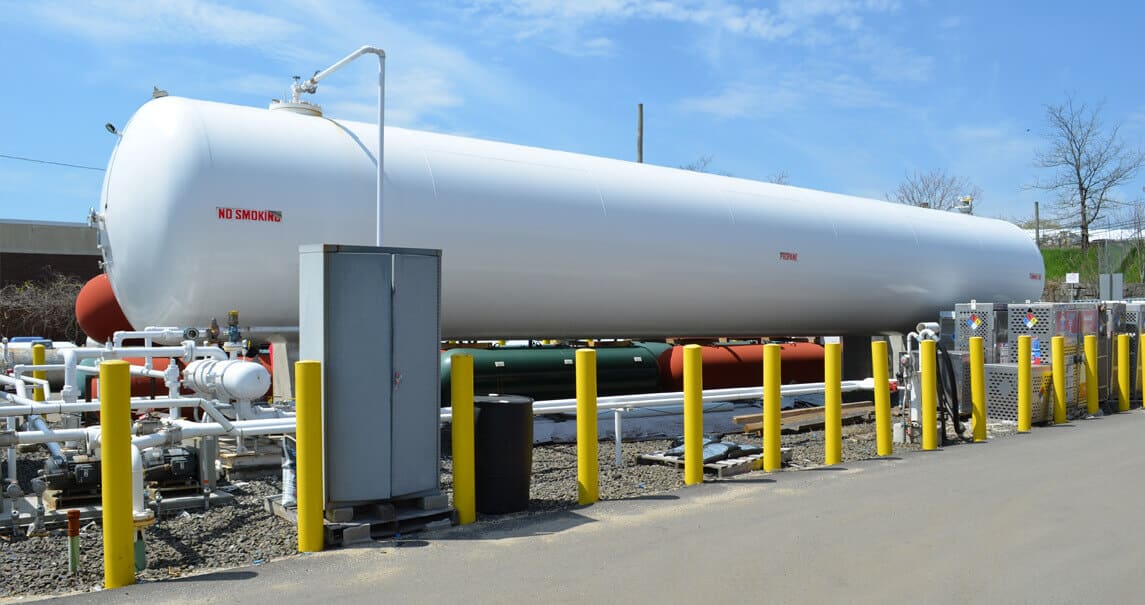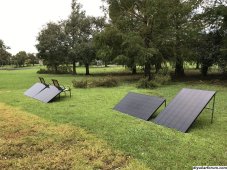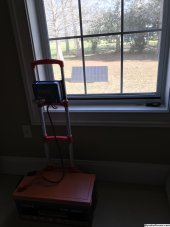Most of you have your solar power systems installed so just running the basic necessities for your home how long can you run your system if the grid was to go down for an extended period and you can't get gas, propane, or resupply?
You all probably remember the Texas blackout of winter 2021: "At the peak, over 5 million people in Texas were without power, with 11 million experiencing an outage at some point, some for more than 3 days."
Share your experience with blackouts and your backup systems you have in place or want to get and maybe it will help other people.
Not interested in political views and this is just a "what if" thought experiment to stimulate ideas.
Consider the following:
Water system and heating water for cooking and bathing
Fresh and frozen food storage and preparation
Emergency health devices like a CPAP or oxygen machine
communications systems like phone, internet, or short wave radio
Heating or cooling your home without gas, propane or a generator.
Transportation if you need to leave your home
security to keep your family safe like alarms, cameras etc,
Taking care of special needs people that live with you
Entertainment to pass the time
sanitation and waste disposal if septic and water is cut off
My family and I lived in New Orleans for about 5 years and survived 2 direct hits from Summer hurricanes (Zeta in 2020 and Ida in 2021).
Hurricane Ida is the worst, and my family n I survived 9 days and 8 nights without power.
My setup is portable solar gen for emergency purposes ONLY:
4 solar panels 350W, 2 MPPTs, 2 PSW inverters (24V and 12V), 1 LFP battery - 12V 200Ah, 1 LFP battery - 24V 200Ah.; 65Qt freezer runs out of 12/24V battery, a full size refrigerator/freezer (120V), an efficient 8k btu window AC unit, several rechargeable fans/flash lights, and rechargeable Radio AM/FM.
At that time, the ambient temp high was 90-95F; water and natural gas were available as well.
In case, water is not available, I have a barrel drum water storage and 10 gallons drinking water.
And I have 2 propane tanks plus burner for cooking.
Basically, I prepped my family mentally (4 members) that we needed to live uncomfortably aka survival mode. We cramped everybody in one small room for sleeping ONLY (installed portable efficient window AC, surprisingly only used 650W for 6.5 hrs temp was set at 78F).
Time/eqpt/power management are the keys. Weeks before hurricane season, I did time study for each appliance/eqpt; LFP batteries capacity, and MPPT capabilities during cloudy days. A good MPPT is crucial. I have Victron (both MPPTs). It's worth to spend extra on Victron.
Lesson learned from my setup:
a small fossil generator is needed when you have 2 or more overcast/rainy days OR an additional solar panel and LFP battery. During 9 days without power, I had 2 days overcast and raining back to back. It put me on edge as my solar production was cut in half.
Having a small genset will ease my stress

......... and its cheaper than investing on another solar panels/LFP battery/MPPT.
To keep my family and I busy, we cleaned tons of debris around the house. In total, we collected 50 super big trash bags just within 4 days.
Clearing out tree limbs, cleaning front/backyard patios, and etc. Basically, tons of works to keep us busy within 9 days.
Hope this helps.








